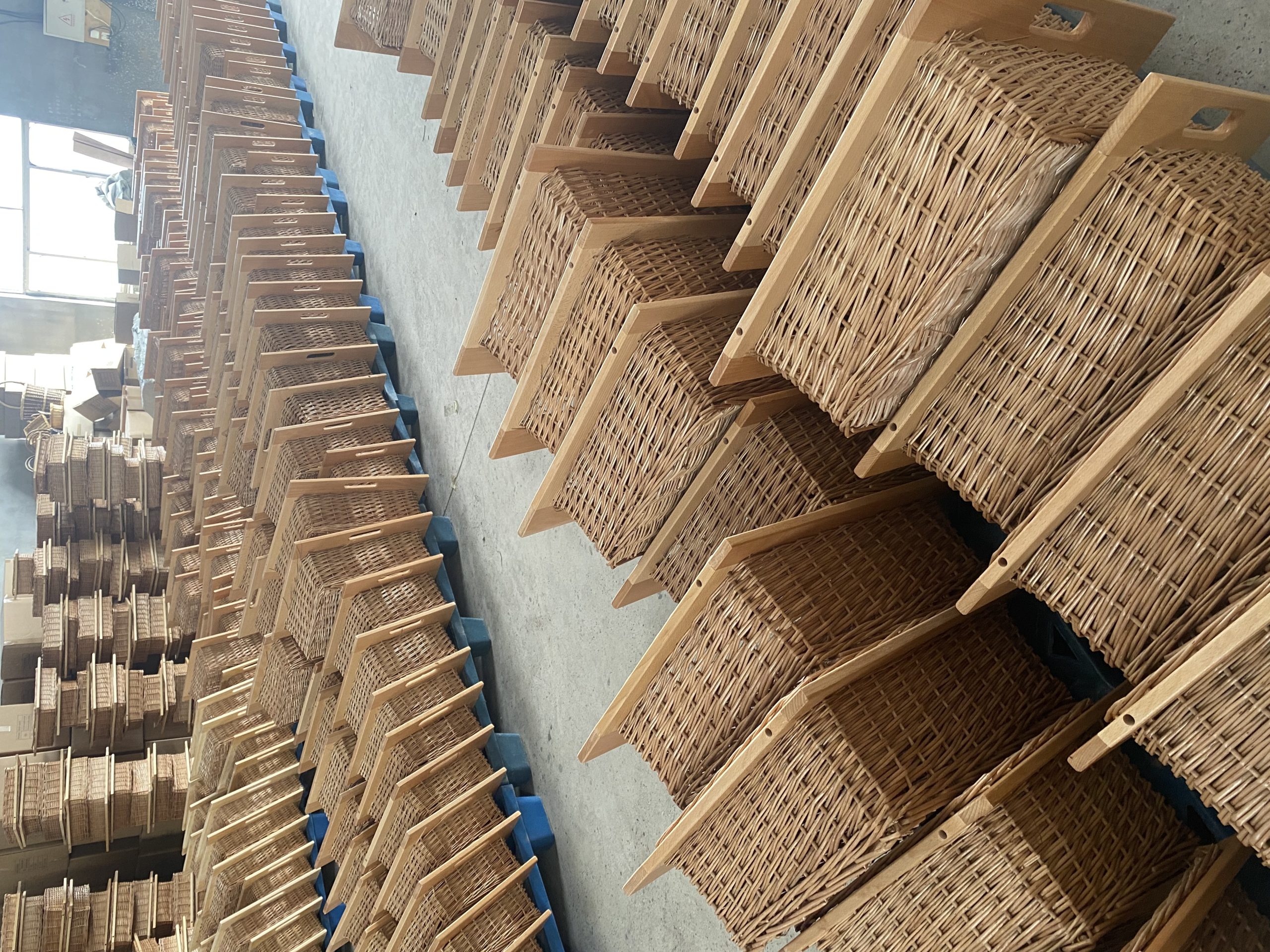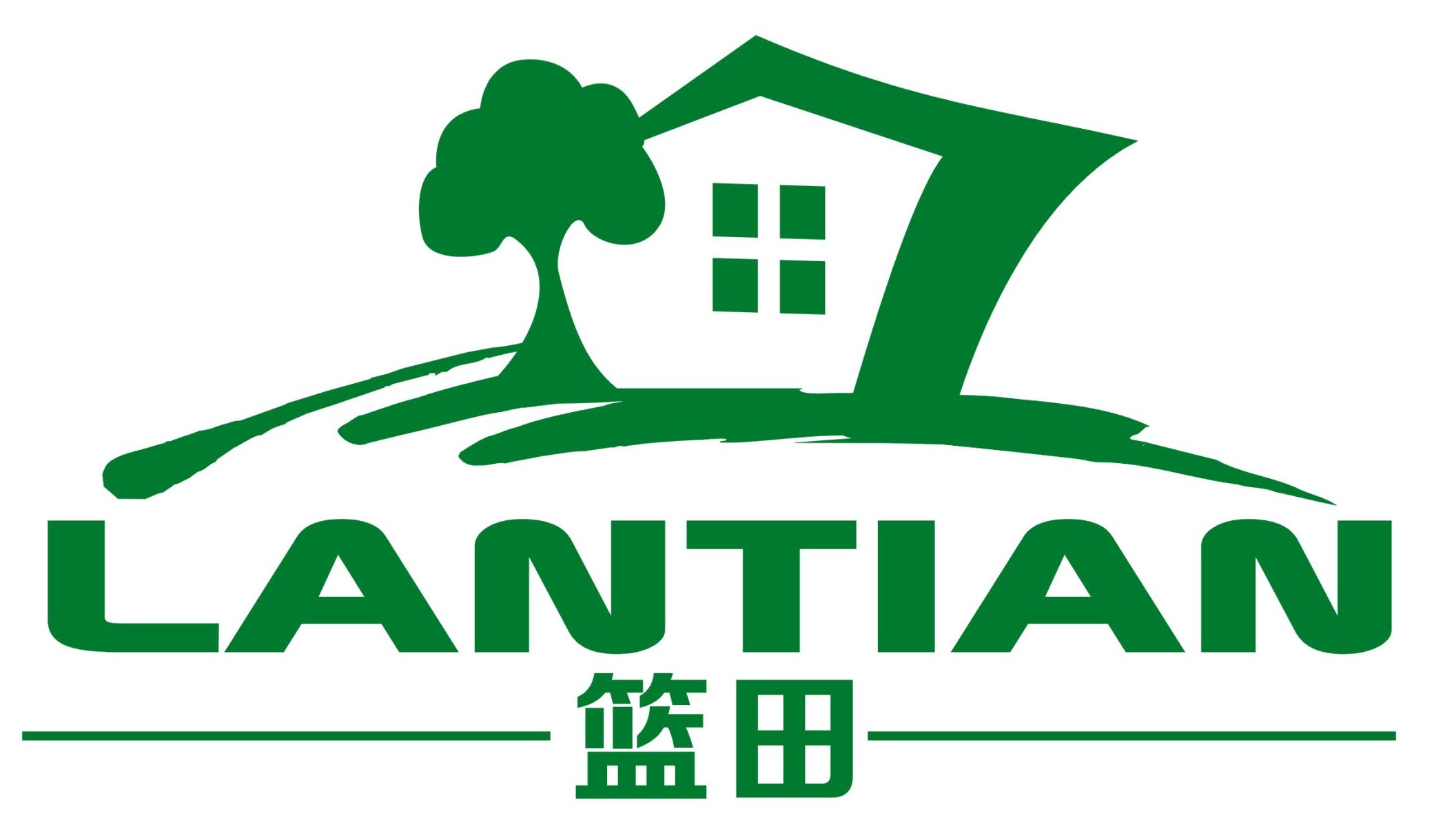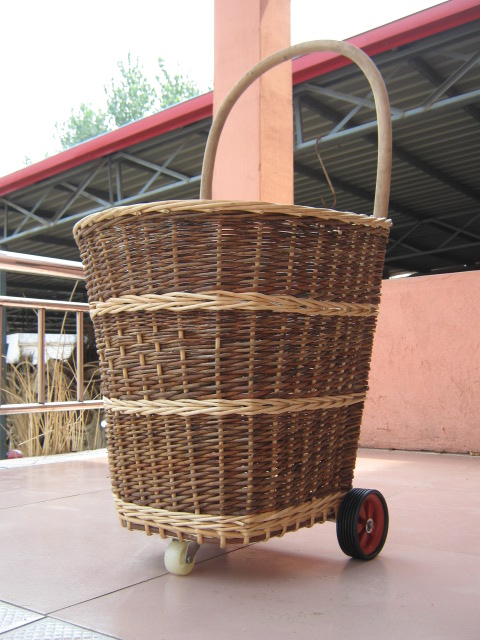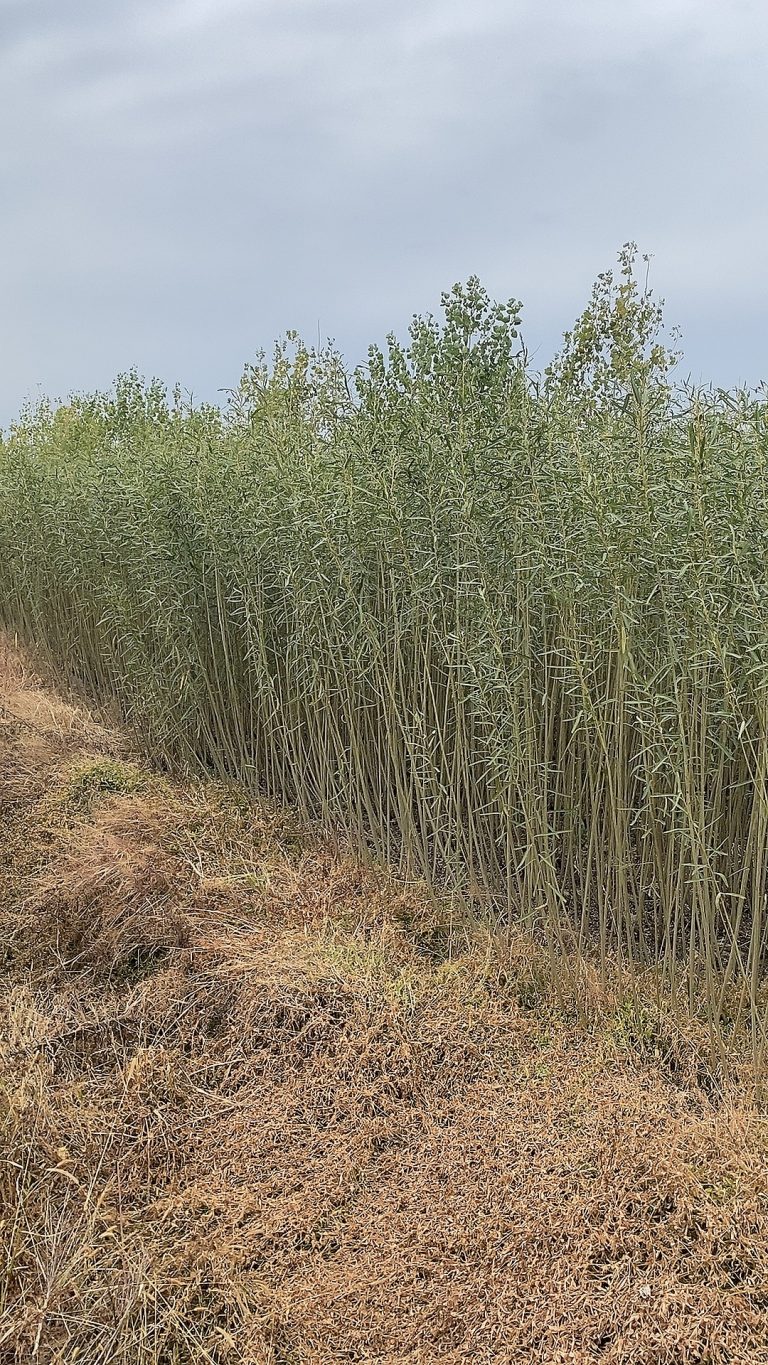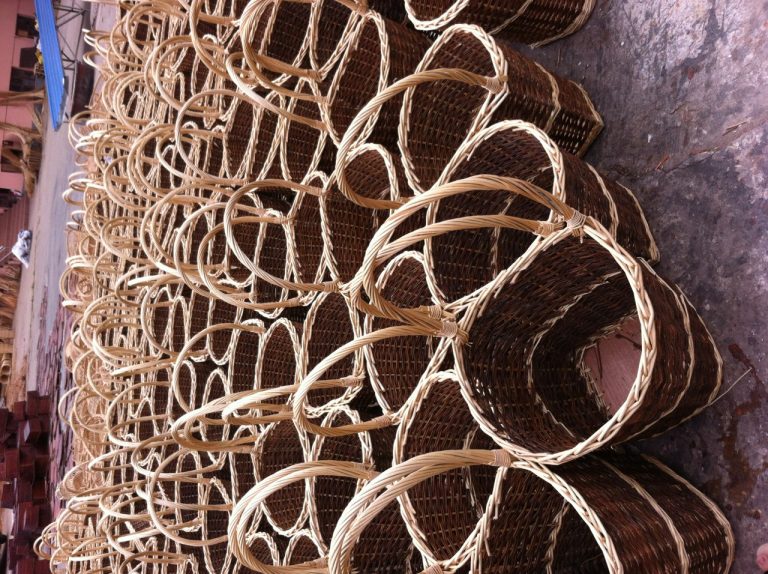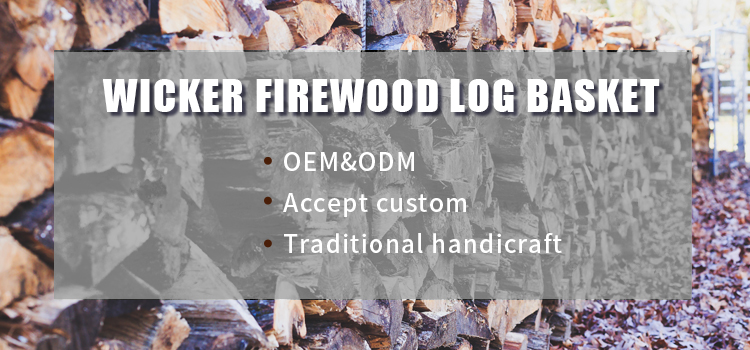willow weaving, one of humanity’s oldest craft traditions, has evolved from a survival skill into a beloved blend of functionality and artistry. Tracing its roots back 10,000 years to Neolithic communities, early weavers harvested flexible willow branches to craft baskets for gathering crops, storing food, and transporting goods—tools essential for agrarian life. Archaeological finds, such as woven willow fragments in European peat bogs and Asian river valleys, confirm its global prevalence across ancient civilizations.
For centuries, willow weaving remained tied to rural economies. In medieval Europe, villages relied on weavers to produce sturdy hampers for markets and fishing traps for riverside communities. The craft thrived on regional techniques: English willow workers perfected tight, hexagonal weaves for laundry baskets, while Japanese artisans developed delicate patterns for tea ceremony accessories. Its sustainability—willow regrows quickly after harvesting—made it a staple, as branches could be cut annually without depleting resources.
Today, willow weaving has found new life in modern homes, particularly in kitchen spaces. Contemporary designers embrace its natural texture and eco-friendly appeal, reimagining traditional forms for 21st-century needs. Open-weave willow baskets line kitchen shelves, holding fruits and vegetables; lidded bins corral utensils; and compact organizers tidy drawer clutter. Unlike plastic or metal alternatives, willow breathes, keeping produce fresh and adding warmth to minimalist interiors.
This revival also reflects a growing desire for handcrafted, sustainable goods. Artisans now blend ancient methods with modern aesthetics—adding leather straps for handles or dyeing branches in soft neutrals—appealing to consumers seeking alternatives to mass-produced items. Workshops and online tutorials have made the craft accessible, inspiring hobbyists to learn basic weaves and create their own kitchen pieces.
From ancient granaries to modern countertops, willow weaving endures as a testament to human ingenuity. It bridges past and present, proving that a craft born of necessity can adapt, remain relevant, and continue to bring natural beauty to everyday life.
Lin Shu Lantian Arts & Crafts Co., Ltd.
Whatsapp: +86-18265103836 (Whatsapp & Wechat & Tel)
Email: info@roconly.com
We are a factory supporting eco friendly green baskets(natural willow coffins\bamboo baskets and so on) .. for detail please contact us www.lantianbasket.com;
#roconlybaskets#willow baskets#Naturalwillow babybasket#handwovenbabybaskets #wickerbassinet#willow KitchenDrawer #storagebasket #traditionalbasket #handmadewillow basket #wholesalewickerbasket #basketfactory#Moses baskets